During March 2020, many National Health Service (NHS) Trusts began to rapidly re-design their services on a large scale to release capacity for treating patients with COVID-19. Following this, April saw a mass roll out of tests for public service staff by NHS England and the Care Quality Commission (CQC), whilst May saw trials of the new NHS tracing app, designed to prevent the spread of the virus.
Over a period of just a few months, there have been swift and extensive shifts of care and rapid innovation across the NHS, as well as social care. In part, this has been about technology but also about communication and the need for rapid decision making. Organisations are engaging with each other like never before, providing cross-service support and working together to ensure patient care is delivered efficiently and effectively.
COVID-19 has become a catalyst for change – a defining moment for all of us to reimagine healthcare the way it should be. But a change of this magnitude doesn’t come without its challenges.
The Data Challenge
Medical data is currently being recorded in unstructured formats and stretched across multiple electronic healthcare systems. Already short-staffed, healthcare professionals struggle to manually log every piece of information, which increases the potential for errors such as duplicate medical records, delayed treatments and misdiagnoses. During the outbreak, limited intensive care unit capacity prompted hospitals to transfer patients to other facilities, highlighting the urgent need for seamless, secure sharing of medical information, while safeguarding patient privacy.
A recent study showed almost two-thirds of younger healthcare professionals identified sharing restrictions as one of the main causes for incomplete digital patient data. They cited improved interoperability between platforms as one of the top opportunities to ensure that digital patient data is used to its maximum potential.
The Solution
Healthcare providers looking for a solution to unify health and social care data are increasingly turning to government-mandated shared care records. Over the past 18 months, Cantium have been working with the NHS in Kent and Medway to deliver a shared care record for their patients. This will provide a single view of a patient’s electronic records, allowing them to easily view patient data in real-time. The benefits being better coordination of care, improved clinical decision-making, more efficient hospital discharge and transfers, and ultimately, more successful outcomes for patients.
Why then, when providing joined-up health and care services makes so much sense, have Trusts not already adopted shared care records? Our work on the shared care record for Kent and Medway has given us significant insight into the challenges faced by Trusts, and how we can remove the barriers for uniting their health and social care services.
The Journey
It’s vital that the solution is tailored to the specific needs of healthcare professionals using the system. Without which, Trusts risk their organisations continuing to manage their data independently, rendering integrated patient records incomplete and valuable funds wasted.
Our team take a three-phase approach as we manage the process end-to-end. The first of which is engagement with caregivers, as well as patients, gathering the insight that you need to implement a solution which will work for them. In phase 2, our procurement team use their expertise to identify and match relevant suppliers, as we effectively measure bids to procure the right solution for the end-users. The last phase is the implementation and mobilisation of the shared care record, a stage which can present many pitfalls for organisations without the huge resource needed, or experience in this area.
It’s essential that all organisations are not only on-board with the project but can see the value in transforming their ways of working. However, liaising with every organisation is a timely process, not to mention the risk of organisations pulling out at the last moment. With communication being key, we take on the delicate task of communicating with all organisations, ensuring they see the benefits to the solution and are committed to their part in the transformation project. We can even take this a step further, supporting these organisations with the integration of their systems and the shared care solution.
Data and privacy concerns will always exist but the perspective will undoubtedly be different on the other side of a global pandemic. Although people want re-assurance that their data will remain protected, they can see that seamless data sharing between care organisations has its benefits, including more appropriate, faster treatment and interventions.
Time is of the essence
The current crisis has brought digital transformation of healthcare to the forefront, sharpening the focus on how seamless data sharing is essential for patient care. A new-found readiness for improved communication and collaboration has created an opening to modernize the care delivery system; meaning the time to act is now.
Healthcare organisations that come out ahead will be those who act decisively, invest to build capabilities at scale, work to rewire the care delivery model, and deliver distinctive high-quality care to patients. So, time really is of the essence for organisations looking to move to the Cloud, use Office 365 for improved collaboration, or transform services on a broader scale.
Cantium has the experience and expertise to support you on your journey of digital transformation. Please get in touch for a free, no obligation consultation.

